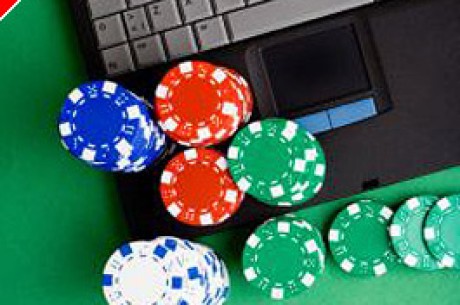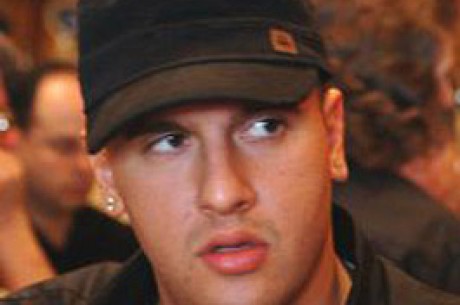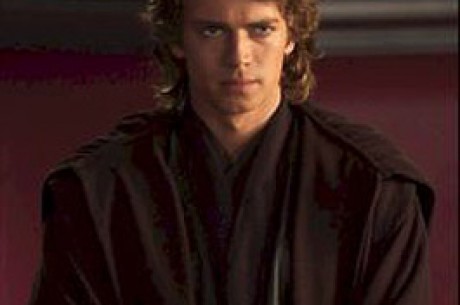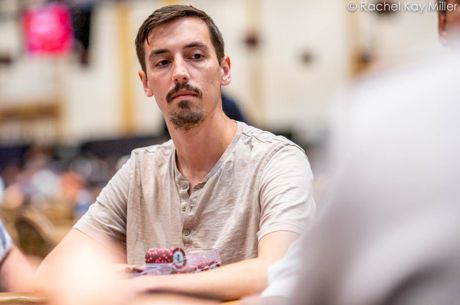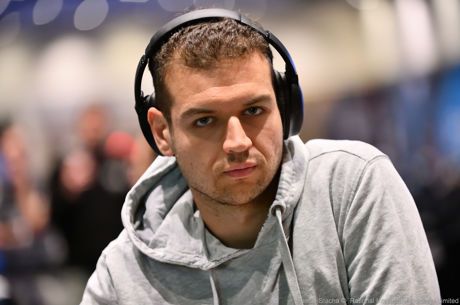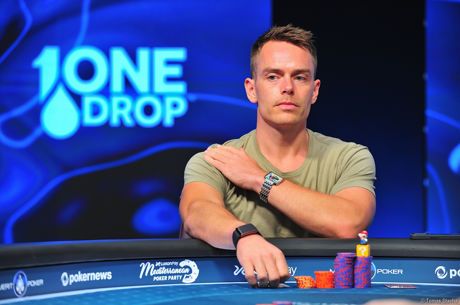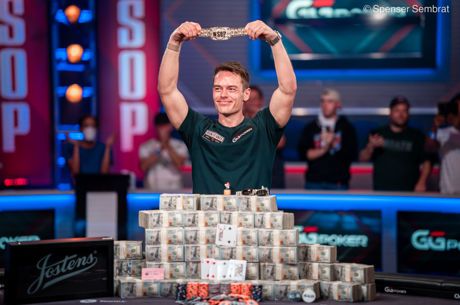'Green Plastic' Speaks: Interview With Poker Pro Taylor Caby, Part Two
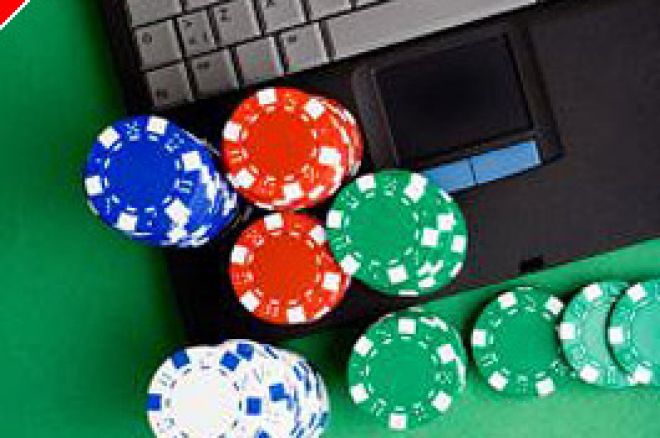
In Part One of the interview, Taylor discussed his background, and how he got started as an online pro. Today, in part two of the interview, Taylor talks about the future of online poker, and his own future.
BC: What do you think the future holds for poker and the professional player? Can the poker boom possibly continue in light of the government's attempts to ban online play?
TC: To me it depends on what happens with online poker. There is no way all of the players who are supporting themselves online will be able to continue to support themselves with poker if they have to play at casinos. There simply aren't enough casinos and logistically this may be a problem for players that don't live near one. If not as many people are playing poker regularly, they won't be as likely to watch poker on TV. Add this to the fact that many of the advertisers for poker shows on TV are the internet gambling sites, and I don't think the poker boom can continue IF online poker doesn't stay around in the US. I really hope the US Government does the right thing and realizes that poker is not like other games of chance, and makes a similar carve-out in the legislation as was done for horse racing.
There are plenty of sites that still allow Americans to play. As long as this is the case, it is certainly possible to make money playing poker. I am actually optimistic about the future because I think it will be too difficult for our Government to shut down such a large industry that has become very important to millions of people.
BC: Taylor, what games and limits do you usually play now? What's your daily schedule like? A lot of us lower level players are always surprised by how much money the elite make in such a short period of time.
TC: I usually play 25-50 no limit and 50-100 no limit. I prefer to play 50-100 no limit but there aren't as many of these games going as there are smaller games. I usually wake up about 10 AM, check email, my website, news sites, and poker forums for an hour or two, then eat something and head to the gym. I get home and repeat the same process usually, along with trying to get an hour of poker in or so. After dinner I try to play some more poker, and then spend the rest of the night getting work done or hanging out with my roommates when they get home from work. I try to get into bed by 1 am or so. Over the past few months I've also done a lot of traveling. I particularly enjoyed visiting Europe as I had never been there before.
BC: I know that listing all of your achievements probably makes you uncomfortable because I sense that you're a pretty humble person. You're clearly not a poker player who hops about the card room shouting about how great you are and how everyone else is a donkey. Given that success hasn't inflated your head, are you a little bewildered by the amount of players who sweat [watch] your games online? Are you amazed at the following the top players have?
TC: I guess I am used to it, but I haven't always understood it. It has, however, always been very flattering to me. Top players online have started to develop huge followings, and I'm surprised more internet players haven't been offered sponsorship deals with poker sites. It seems to me like some of the highly successful young players could be a great part of a marketing campaign for an online poker sites. After all, most successful online players had literally almost nothing to their name before they started to make vast sums of money online. As far as jumping around and trying to get attention, that's never been the way I've done anything. I don't really like the spotlight; I just prefer to be one of the guys and let my performance speak for itself.
BC: Doyle Brunson stated that he lost far more money at the table than he earned in sales from writing Super System. Did you have a similar experience after embarking on a teaching venture of your own?
TC: Yeah, sure. I started my own instructional website [Card Runners] with one of my best friends about a year and a half ago. We both were making very good money playing poker and we had a lot of people asking us for advice. We thought it would be cool to start a website and see if we couldn't make a little money while helping people out. There were some similar products out there and some other people had asked me to be a part of their businesses. We thought we could do it better ourselves so we did!
BC: You've already revealed a love and affinity for teaching. Have you ever considered writing a poker book?
CR: I don't know if I'll ever do that. I think watching videos and commentary is a much easier way to learn to play poker and I think it would be as impossible to go into the depth that I do on my videos in a structured environment like a book. I enjoy making videos because I can just talk off of the top of my head. Sometimes it's hard to actually convey all of the poker information that I have and to sit and write about it would be difficult. A book is something that I would consider though. I've been approached before about writing an Ebook and it's something I'm considering. Ultimately, I think I'd be more likely to write a book about being a young entrepreneur with maybe a touch of poker stories/information rather than vice versa.
BC: I know you principally from a poker forum which will remain nameless, but many of the members there are serious fans of the high stakes games and they would never forgive me if I failed to ask you something about Prahlad Friedman��who goes by the screen names "Mahatma," "Zwieg," and "Spirit Rock." First off, what do you think of him as a player? What is it about his game that allowed him to be so dominant for so long? Despite his expertise though, you came along and outperformed him. What was the nature of your advantage? Lastly, it seems like you're great friends with many of your opponents, do you think that in the future it will go the same way with Prahlad?
TC: Prahlad doesn't play as much online anymore, but there is no doubt he is a great player. I think he was miles ahead of the other players online two years ago. His style of play really taught me a lot about the game. He is relentlessly aggressive and that is necessary to be successful in the high stakes games. I've played many thousands of hands against him and have had some success, but that doesn't mean he isn't a great player. There are some players out there that give me trouble and that doesn't mean that I'm not a solid player. I think my biggest advantage over him is that I am nearly unflappable mentally where he has more of a propensity to tilt. I also am fearless at the tables and am willing to act on my reads, no matter how crazy they may be. Maybe someday Prahlad and I will be friends, but I'm not sure when I would ever run into him. I don't travel to a lot of poker events and neither does he��so far as I know. Last summer I played $25-$50nl with his wife at the Bellagio but I'm not sure if she knew who I was. His wife (and that whole table that day) beat me pretty good.
BC: Let me close by asking, what specific recommendations do you have for a player just starting out?
TC: The biggest thing is that before you start to play poker you should have an idea what poker means to you. If it's just a game you want to enjoy, go out and enjoy it. If you hope to really be successful and make some money, then you better be prepared to work at it. Many parts of the game are counter-intuitive and you will more than likely need to learn from somewhere else or through a LOT of practice. I recommend getting involved in some poker forums on the internet, getting advice from a knowledgeable friend, or joining a poker training site on the web.
BC: Thanks so much for your time, Mr. Caby.
Bernard Chapin is a writer and marginal poker player living in Chicago. He is the author of Escape from Gangsta Island.

